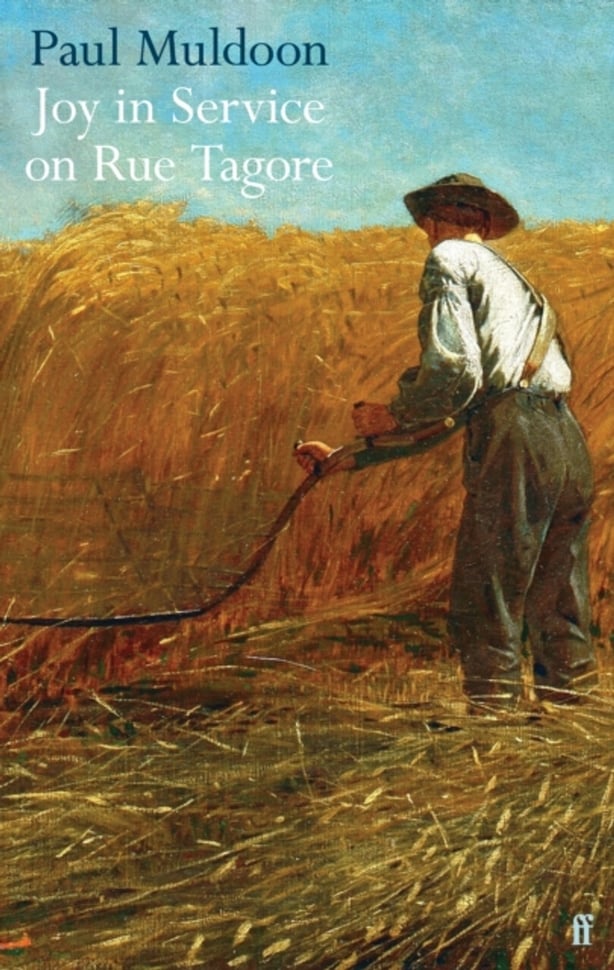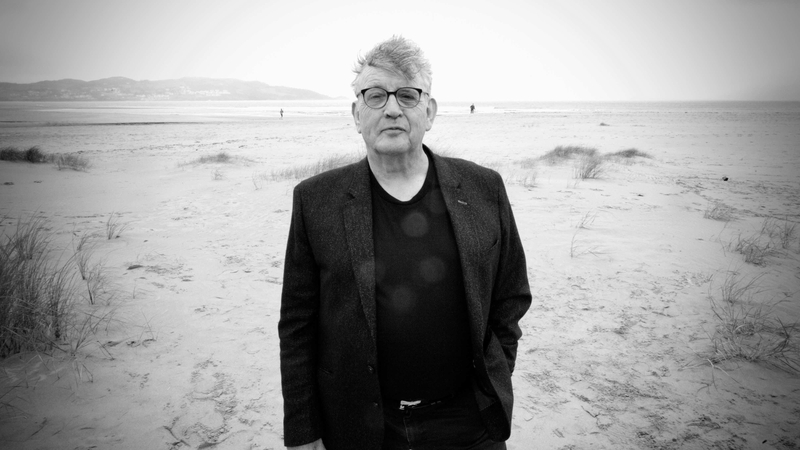Opening a new book by poet Paul Muldoon is like breaking through the floor of an unopened catacomb.
Nothing can prepare you for the panoply of riches, the mummified pets, the indecipherable runes and labyrinthine passageways contained within. This is why he endures as one of our greats. His poetry—like that of American progenitor John Ashbery—has always been defined by an innovative sense of play, formal dexterity, intellectual heft and political awareness. Yet it somehow coheres, all because of Muldoon's uncanny ability to make the absurd feel heartfelt and the heartfelt absurd.
In the ten years since publishing his collections One Thousand Things Worth Knowing, Frolic and Detour and Howdie Sklep, many of his contemporaries—including Seamus Heaney, Ciaran Carson and Eavan Boland—have passed away. You’d think, therefore, that the weight of one’s own legacy within such a distinguished canon would start to press, yet Muldoon’s verse feels just as fresh and era-defining as ever.
We need your consent to load this rte-player contentWe use rte-player to manage extra content that can set cookies on your device and collect data about your activity. Please review their details and accept them to load the content.Manage Preferences
Listen: Paul Muldoon talks to RTE Arena
In Joy in Service on Rue Tagore he wears his status as Ireland’s greatest living poet lightly. It would be tempting to say that the collection marks Muldoon as his politcally engaged for many years, or that he finally feels comfortable enough in his own skin to write what he wants—both of which are true—though it would also be just as true to say that he has always felt comfortable enough to write what he wants; has always been politically engaged in a way which confounds as much as it illumines.
Poems like Near Izium recall the kind of ribald songs that Allied troops used to sing about Adolf Hitler during the Second World War; only this time the target is Vladimir Putin. "Live by white phosphorous, die by white phosphorous," Muldoon writes of the despot’s decision to invade Ukraine in 2022. "Whosoever throws a body in a hole / and leaves one hand / sticking out must high-five it on the witness stand."
In Joy in Service on Rue Tagore he wears his status as Ireland's greatest living poet lightly.
Elsewhere, the poet makes use of lilting repetitions and absurd archaisms—‘nosebag’, ‘catafalque’—to emphasise the deliberate concealment of violence behind politesse and manners. In ‘The Belfast Pogrom’ he recounts the campaign of sectarian murder meted out against Catholics in the city during the 1920s, in the form of a run-on adaptation of the villanelle; that is, set within strict bounds which have been bent and adapted to suit the needs of the subject. This produces an unnerving paradox between the very real cruelty of the event itself and the officialese that became so characteristic of British State responses to violence during the Troubles and beyond.
This approach is also used to great effect in The Hula Hoop—which takes the weaponisation of infrastructure in the North as its main subject—and ‘When the Italians’; an astute critique of the 20th Century global transmorgification of fascism into neo-liberalism, told in the form of eight air-tight pantoums:
"When the Italians occupied Libyan soil
they pioneered the dropping of bombs from a plane.
Shortly after the breakup of Standard Oil
Rockerfeller himself had recoiled
from the notion it might have been preordained."
None of this is to say that Muldoon has lost his sense of humour, or that he no longer rhapsodises on subjects closer to home. Far from it. What Snow is For is a beautiful Robert Frost-esque parable about finding beauty in the transience of life.
We need your consent to load this rte-player contentWe use rte-player to manage extra content that can set cookies on your device and collect data about your activity. Please review their details and accept them to load the content.Manage Preferences
Listen: Paul Muldoon talks to Brendan O'Connor
In the title poem Joy in Service on Rue Tagore, he tells the story of a secret service agent or spy on the cusp of retirement, who finds pleasure in the small details of his work. There is an awareness of age and dwindling dexterity, but also a knowing wink toward the old pro who has become a master of his craft. Which—tempting though it might be to read the poet into this figure—nothing is ever quite so clear-cut in Muldoon’s work. He keeps us guessing, and like the spy, is always one step ahead.
In the end Joy in Service on Rue Tagore is an enthralling, surprising and masterfully controlled piece of work. One which reasserts the boundless joy to be taken in Muldoon’s lexical tomfoolery and masterful illusionism. This might be his best work since Horse Latitudes, but who can tell? Further re-readings might reveal hidden chambers heretofore undiscovered, and we’re so much richer for that.

Joy in Service on Rue Tagore is published by Faber.


